What is Acceptance and Commitment Therapy?
Acceptance and Commitment Therapy (ACT) is a form of therapy that integrates mindfulness with self-acceptance, values clarification, and taking action. The acceptance part of the therapy focuses on helping the patient accept their problem and embrace the feelings they are having about their current issue rather than feeling guilty about those feelings. The commitment part of the therapy focuses on what actions the patient can take as a result of this acceptance and clarity. In simplest terms, the philosophy behind ACT is to teach patients to accept what is out of their control and commit to the positive solutions that lead them to a happy and fulfilled life.
How Does ACT Work?
As mentioned above, patient’s using ACT must commit to facing their problem head-on rather than avoiding their anxiety and stresses. A patient’s therapist will facilitate the process by beginning with self-reflection and values clarification. The therapist will listen to the patient’s self-talk, or the way they speak to themselves specifically about traumatic events, problematic relationships, physical limitations, or other issues. Together with their therapist, the patient can make the decision if an issue requires immediate action to change or if the issue can be accepted for what it is, resulting in making behavioral changes that can affect the situation. The therapy breaks down into an activation of a six step “core process.” The six steps are:
- Acceptance: The active choice to allow what is unpleasant in one’s life to exist
- Cognitive Diffusion: Consciously decreasing the focus on negative experiences and changing how one reacts to their thoughts and feelings
- Being Present: Being aware and experiencing a moment without trying to change it
- Self as Context: Understanding the idea that a person’s make-up is beyond their personal experiences
- Values: Considering the things that are most important and valuable to the patient when working through the process
- Committed Action: This final step helps patients commit to their actions in order to guide them towards a long-term mindset
Who Can Benefit From ACT?
ACT is a therapy that can benefit patients experiencing many different types of conditions and life-changes. It has shown positive results in treating workplace stress, test anxiety, social anxiety disorder, depression, obsessive-compulsive disorder, and psychosis. It has also been used to help treat medical conditions such as chronic pain, substance abuse, and diabetes.
This type of therapy is not only effective for a wide range of psychological disorders; it is also beneficial as a life-affirming and positive reinforcement of self-determination. ACT, especially when compounded with a daily practice of mindfulness, can provide long-term positive cognitive results.
What Is The Philosophy Behind ACT?
ACT was developed Steven C. Hayes, a psychology professor at the University of Nevada, in 1986. Hayes described his therapy as, “a psychological intervention that applies mindfulness and acceptance processes, and commitment and behavior change processes, to the creation of psychological flexibility” – (Hayes, “The Six Core Processes of ACT”). Hayes believes that suffering is a natural and inevitable condition. It’s only in our human nature to instinctually strive to control our experiences. However, this instinct does not always serve us. TED talks hosted Hayes for a more in depth look at his development and philosophies on ACT.
